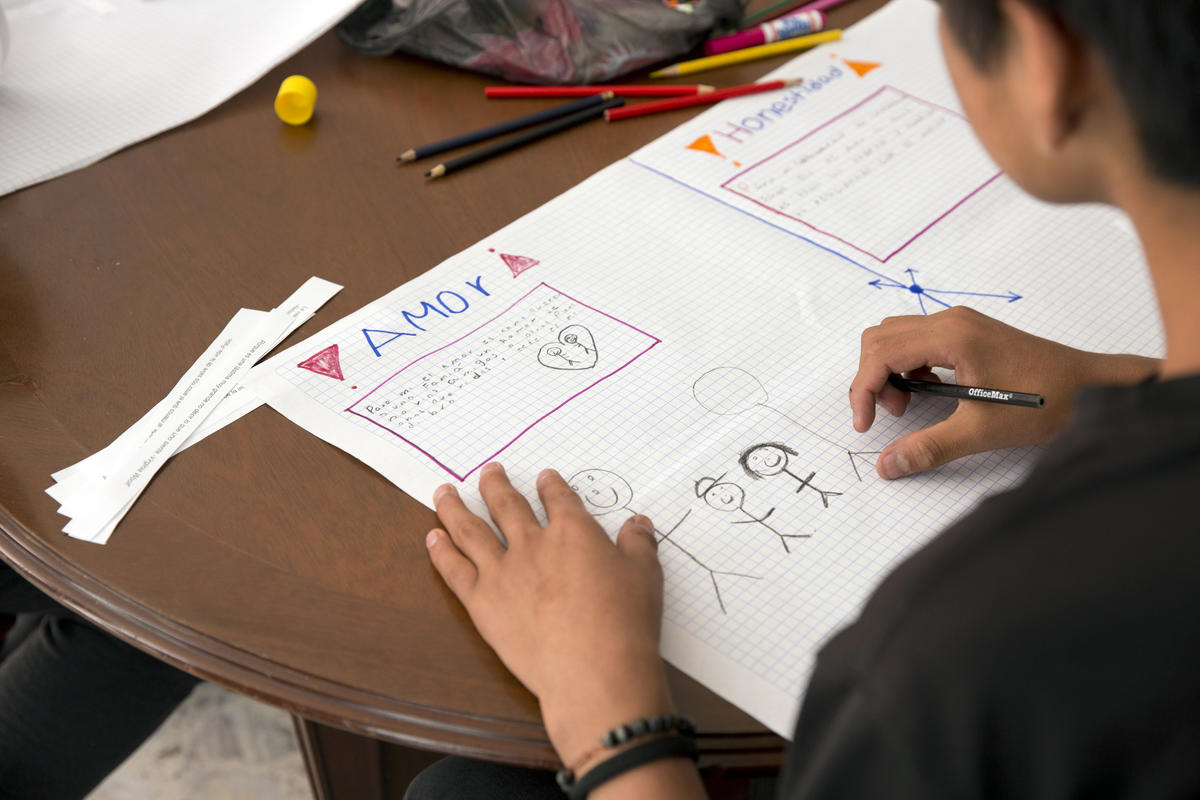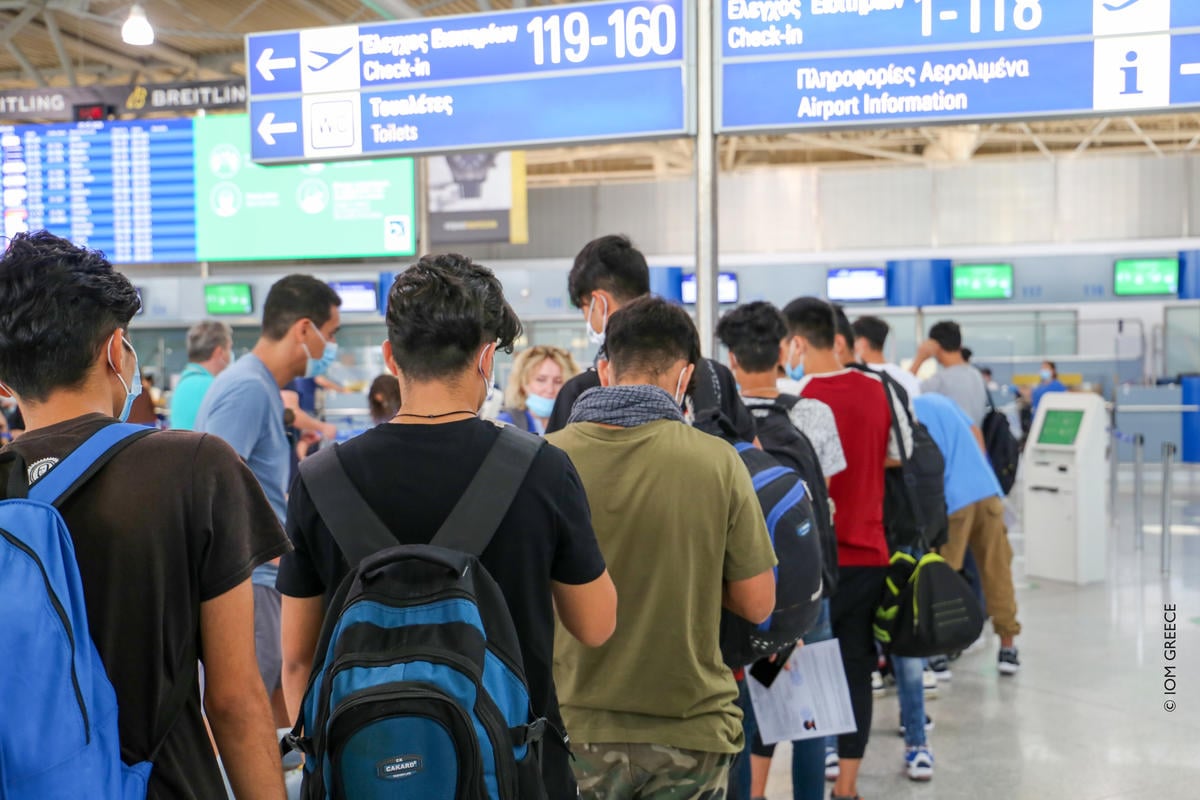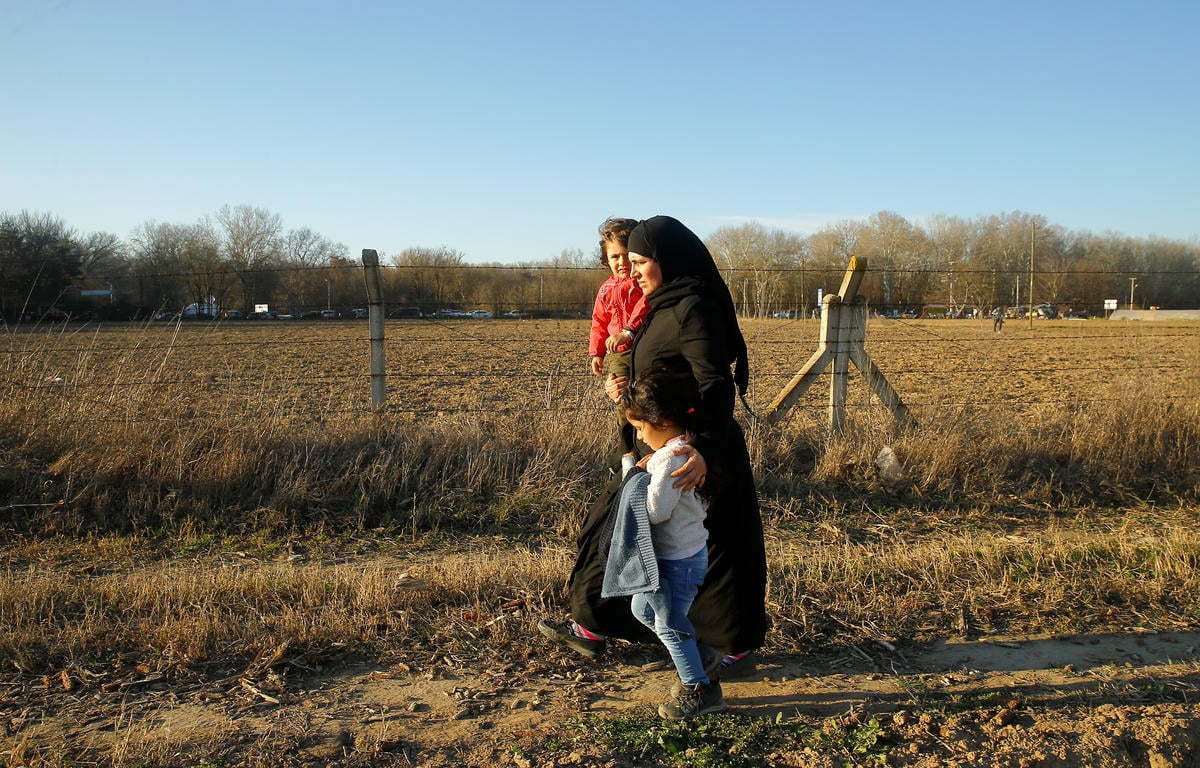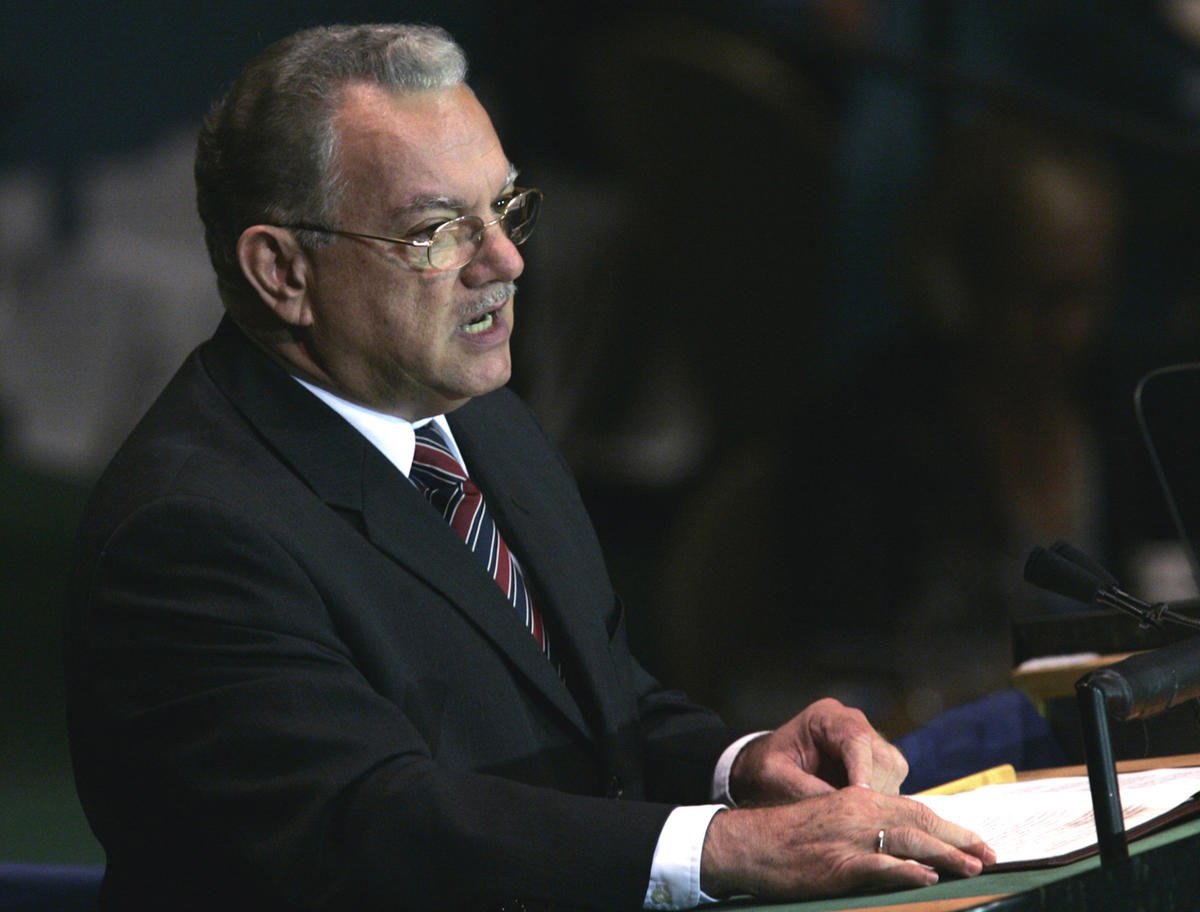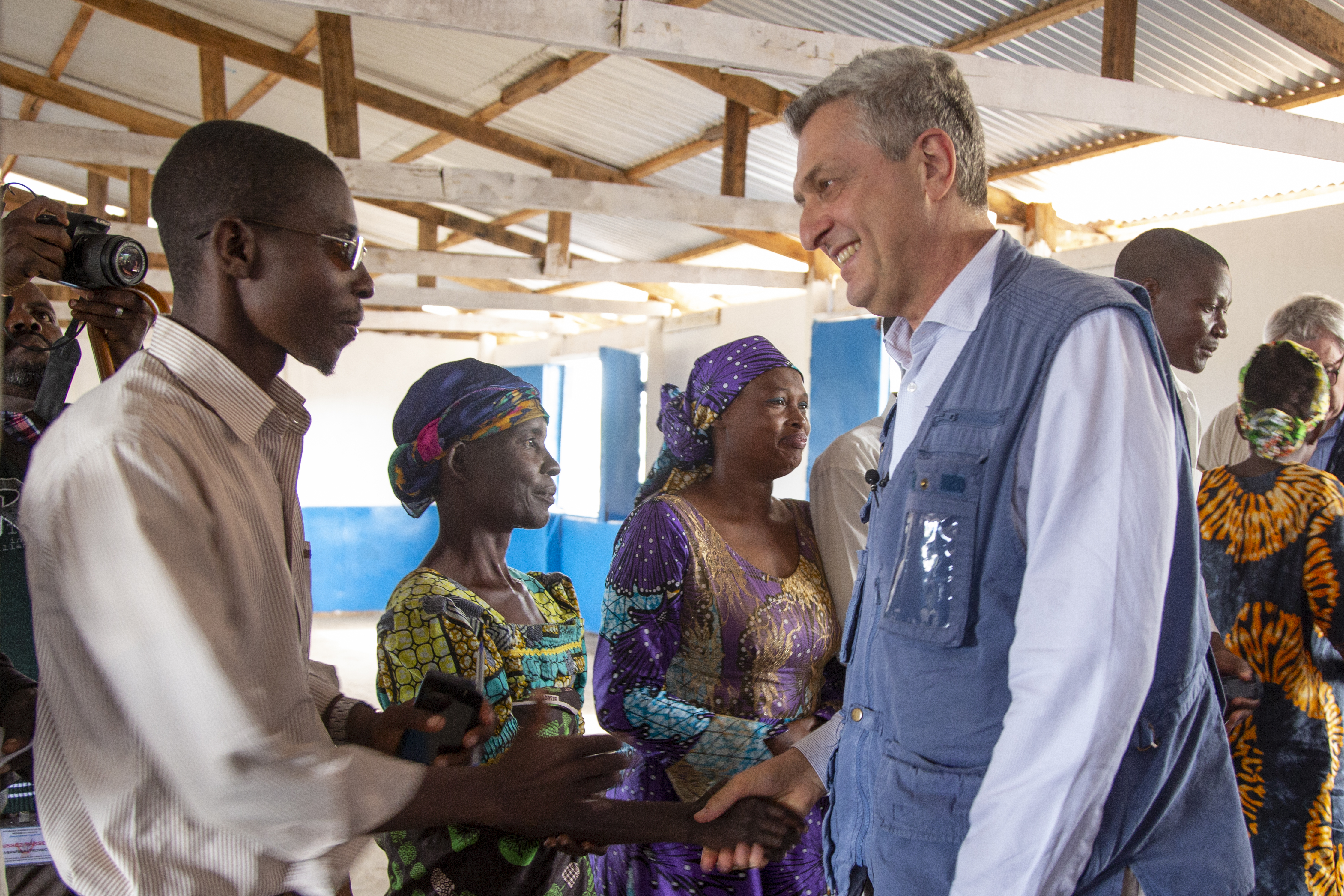Migration and asylum: UNHCR input to forthcoming UN High-Level Dialogue
Migration and asylum: UNHCR input to forthcoming UN High-Level Dialogue
The UN General Assembly is scheduled to hold a high-level dialogue on international migration and development during its 61st session in mid-September. The purpose of the dialogue is to discuss the various aspects of international migration in order to identify appropriate ways and means of maximizing its benefits for development while minimizing negative impact.
Given that migration movements sometimes include people in need of international refugee protection, UNHCR believes it can make an important contribution to efforts to manage this phenomenon where it involves people who fall within our mandate. Thus, we are providing some observations and recommendations to the High-Level Dialogue.
UNHCR urges that the meeting reaffirm the international community's longstanding recognition of the specific rights and needs of refugees, including the fundamental obligation of states to refrain from returning them to countries where their life or liberty would be at risk.
We also underline the importance of ensuring that the rights of all refugees and migrants are upheld. The core UN human rights instruments are universal in their application and generally apply to citizens and non-nationals alike, including those who have moved in an irregular manner.
In the context of mixed movements of migrants, asylum seekers and refugees, UNHCR urges the High-Level Dialogue to acknowledge that measures taken to curb irregular migration must not prevent refugees from gaining access to the territory and asylum procedure of another state.
UNHCR also encourages recognition that refugee protection and migration management are distinct but complementary. For those involved, irregular migration is often marked by a high degree suffering and hardship. It can also place serious strains on national asylum systems and provoke public hostility towards foreigners, thereby undermining effective refugee protection. Nevertheless, refugees and asylum seekers who are unable to find protection where and when they need it may feel obliged to move on in an irregular manner, looking for safety and security in other countries.
Addressing the development issue, the UNHCR document notes that while large-scale refugee influxes can place a huge burden on host countries and communities, refugees can also be agents of development if they are given the opportunity to contribute to the national economy by using their skills and productive capacities.
UNHCR encourages the international community to target development assistance at refugee-populated areas and to ensure that such areas are incorporated in national development plans.
Refugees and migrants are confronted with racism and xenophobia in many parts of the world, and are often at risk of becoming marginalized in society and the economy. UNHCR wishes to draw the High-Level Dialogue's attention to the dangers of this situation, both for the rights and well-being of refugees and migrants themselves, and for the cohesion of the societies in which they live.


